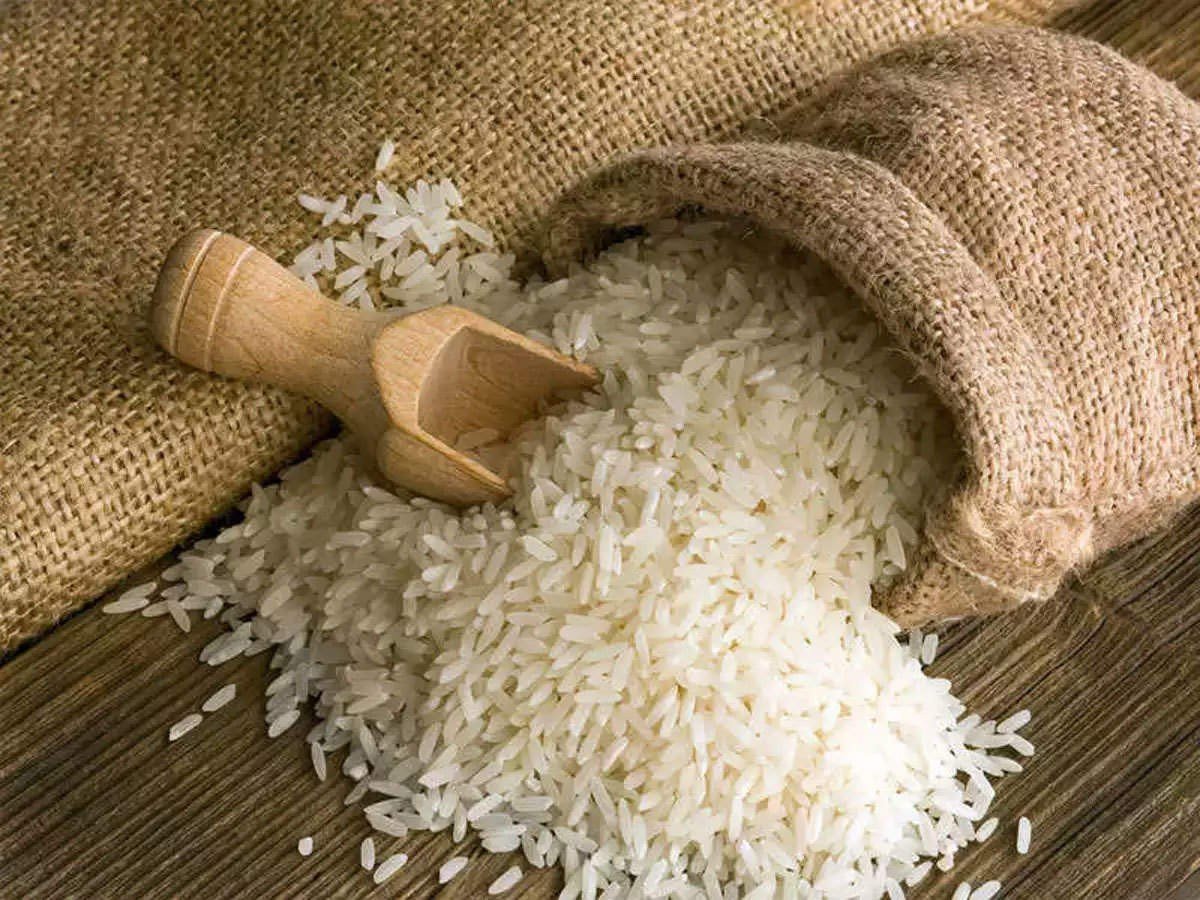 |
| Thailand normally produces about 20 million tons of milled rice, half of which is consumed domestically, the other half is usually exported. |
According to Mr. Chookiat, shippers want the new government to focus on the rice production strategy, which focuses on developing new rice varieties established by the previous administration, because this is very important for the future of Thai rice.
“After product demonstrations and discussions with buyers in the Philippines, Malaysia and Indonesia, we found that they are very price-conscious. It is important to reduce costs for farmers, increase productivity and develop soft rice varieties that meet market demand,” said Chookiat, honorary president of the Thai Rice Exporters Association.
Mr. Chookiat acknowledged that many countries have made significant progress in research and development (R&D), creating rice varieties that can compete with Thai rice.
For example, Thai hom mali fragrant rice can only be grown once a year and the aroma of the rice will be lost after the first season. In contrast, Vietnamese fragrant rice can be grown multiple times within three months, so the supply of fragrant rice is stable.
Mr. Chookiat also urged the government to improve irrigation systems, such as canals and reservoirs, as without action, Thailand's rice exports could deteriorate.
Sharing the same view, Mr. Nipon Puapongsakorn, a famous member of the Thailand Development Research Institute, also said that market intervention in terms of pricing or pledging rice should be avoided.
Mr. Nipon said that if there is a need for a support policy, rice prices should not be set too high and price support should be accompanied by conditions, such as requiring farmers to participate in caring for the environment through measures such as alternating dry and wet farming due to water scarcity, applying regenerative agricultural techniques, applying new technology, etc.
Earlier, rice trading in Thailand, the world's second-largest rice exporter after India, was thrown into chaos after India's recent ban on rice exports sparked panic buying. Massive purchases for speculative hoarding have depleted rice supplies in the Southeast Asian market, sharply reducing rice exports.
Thai domestic milled rice prices rose nearly 20% in mid-August to 21,000 baht ($597) a tonne, from around 17,000 baht just a few weeks earlier.
Pushed up weekly, the export price of Thailand’s 5% white rice has now reached $635 a tonne, the highest in about 15 years, reflecting rising global prices combined with rising domestic paddy prices. Although the Thai government has no plans to limit rice exports, Thai exporters remain reluctant to sell due to supply uncertainty.
Source


![[Photo] President Luong Cuong attends the 80th Anniversary of the Traditional Day of Vietnamese Lawyers](https://vphoto.vietnam.vn/thumb/1200x675/vietnam/resource/IMAGE/2025/10/09/1760026998213_ndo_br_1-jpg.webp)




![[Photo] General Secretary To Lam visits Kieng Sang Kindergarten and the classroom named after Uncle Ho](https://vphoto.vietnam.vn/thumb/1200x675/vietnam/resource/IMAGE/2025/10/09/1760023999336_vna-potal-tong-bi-thu-to-lam-tham-truong-mau-giao-kieng-sang-va-lop-hoc-mang-ten-bac-ho-8328675-277-jpg.webp)
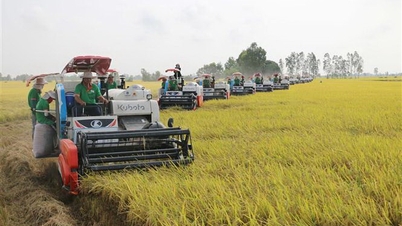

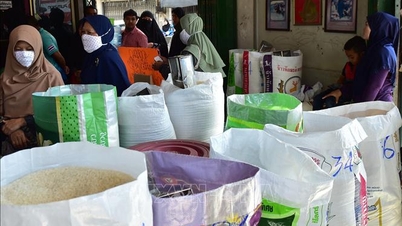
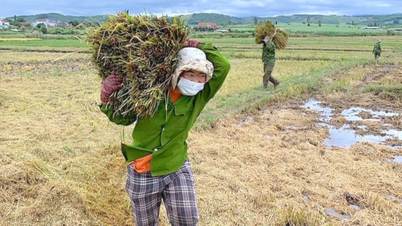

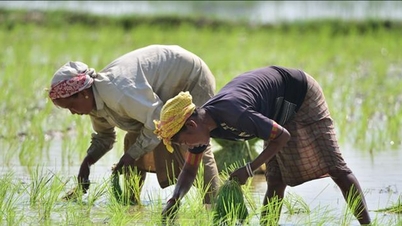



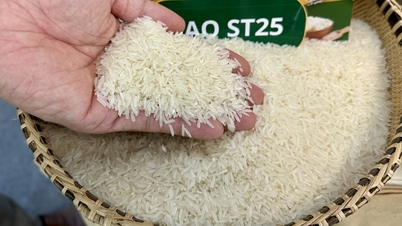

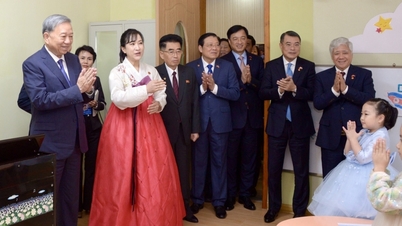

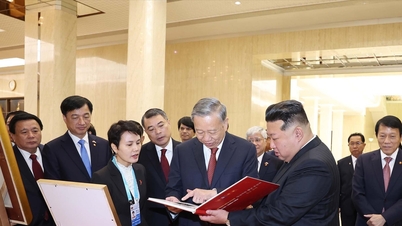
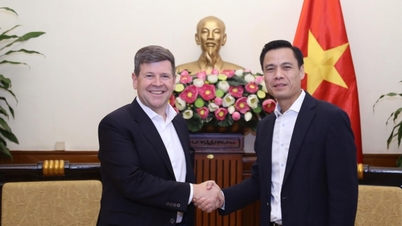
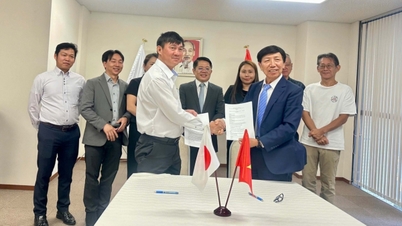
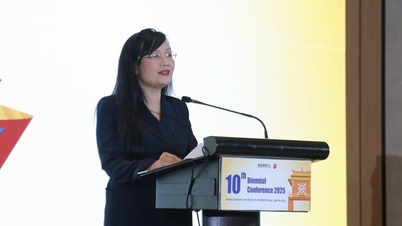
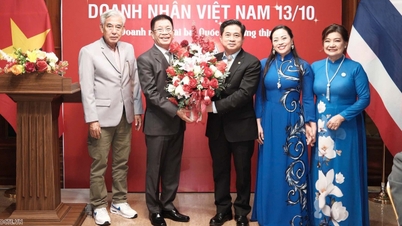





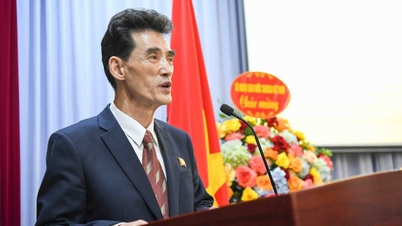

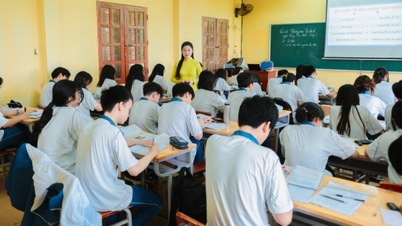
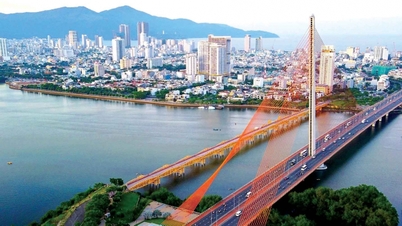


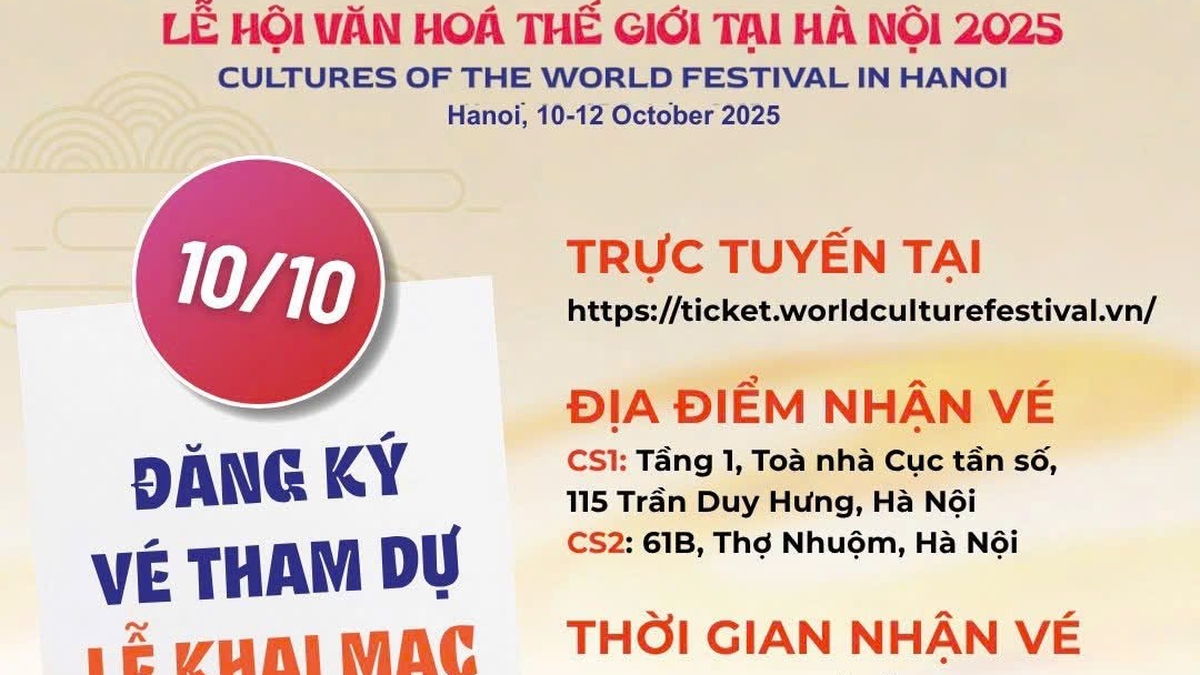




































































Comment (0)